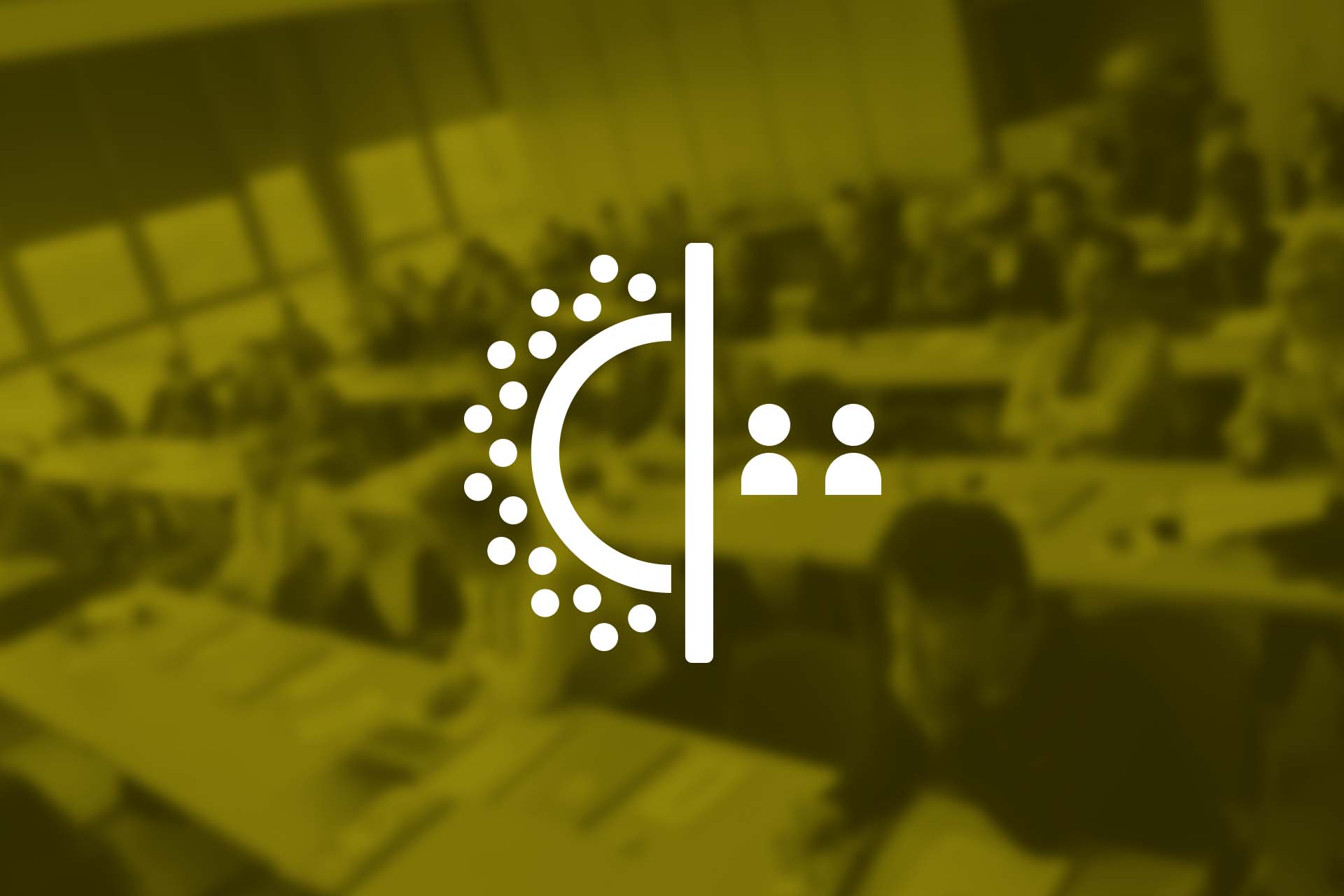In Latin America and the Caribbean (LAC), the current unequal, inefficient, and environmentally harmful territorial distribution together with the automobile-oriented planning and infrastructure are producing unequal externalities such as congestion and road fatalities that have diminished the quality of life of the inhabitants of our cities. To turn this around, we first need robust and up to date information to design plans and public policies that involve opportunities for all groups of society and consider social and environmental externalities to avoid repeating the mistakes of the past.
In this context, the role of multilateral banks is to contribute to regional discussions on the use of data for the generation of public policies for sustainable mobility and equity in the use of public space. The Urban Mobility Observatory (OMU) is a tool that was created in 2007 to contribute to these discussions and to close the robust and reliable information gap in the region. CAF and IADB are developing a third edition of the observatory through a conceptual guide to monitor indicators of sustainable urban mobility with information collected under innovative research methodologies.
In addition, CAF and TUMI joined forces in 2021 to implement the Project "Mobility Data Hub - Open Data for Sustainable and Inclusive Mobility in Latin America". The TUMI Data project aims to provide an overview of the mobility data ecosystem in Latin America and provide cities with the necessary resources to implement data-driven, evidence-based public policies for sustainable and inclusive mobility. A set of activities including datasets and participation from cities: web applications, pilots, academic research and a worldwide Data Hub in the making.
In this session, CAF, IADB and TUMI will showcase both the third edition of the Urban Mobility Observatory, with the indicators’ matrix and applications, and the TUMI Mobility Data Hub, sharing the lessons learnt from the pilot cities and the hub. Finally, a panel discussion between mobility experts and decision makers will contribute to answering questions like: How are cities using data to make decisions? How much reliable and robust information are they producing? What are the barriers to collect good-quality data?
We will encourage the audience to continue this discussion in the Open Stage Café slot right after this session.
Organisers:
- CAF, IADB & TUMI
Date:
Time:
Location:
Speakers
Speakers:
- Ana María Pinto, Chief of Transport Division, IADB
- Manuela Lopez Menéndez, Secretary of Transport and Public Works, City of Buenos Aires
- Diego Suárez, Infrastructure Deputy from SDM, Bogotá
- Andrés Lajous, Secretary of Mobility SEMOVI, City of Mexico
- Angie Palacios, Urban Mobility Coordinator, CAF
- Catalina Vanoli, Transport Specialist and Data Scientist, CAF
- Frederic Tesfay, Project Manager, TUMI.
Moderator: Jens Giersdorf, Management Head, TUMI



